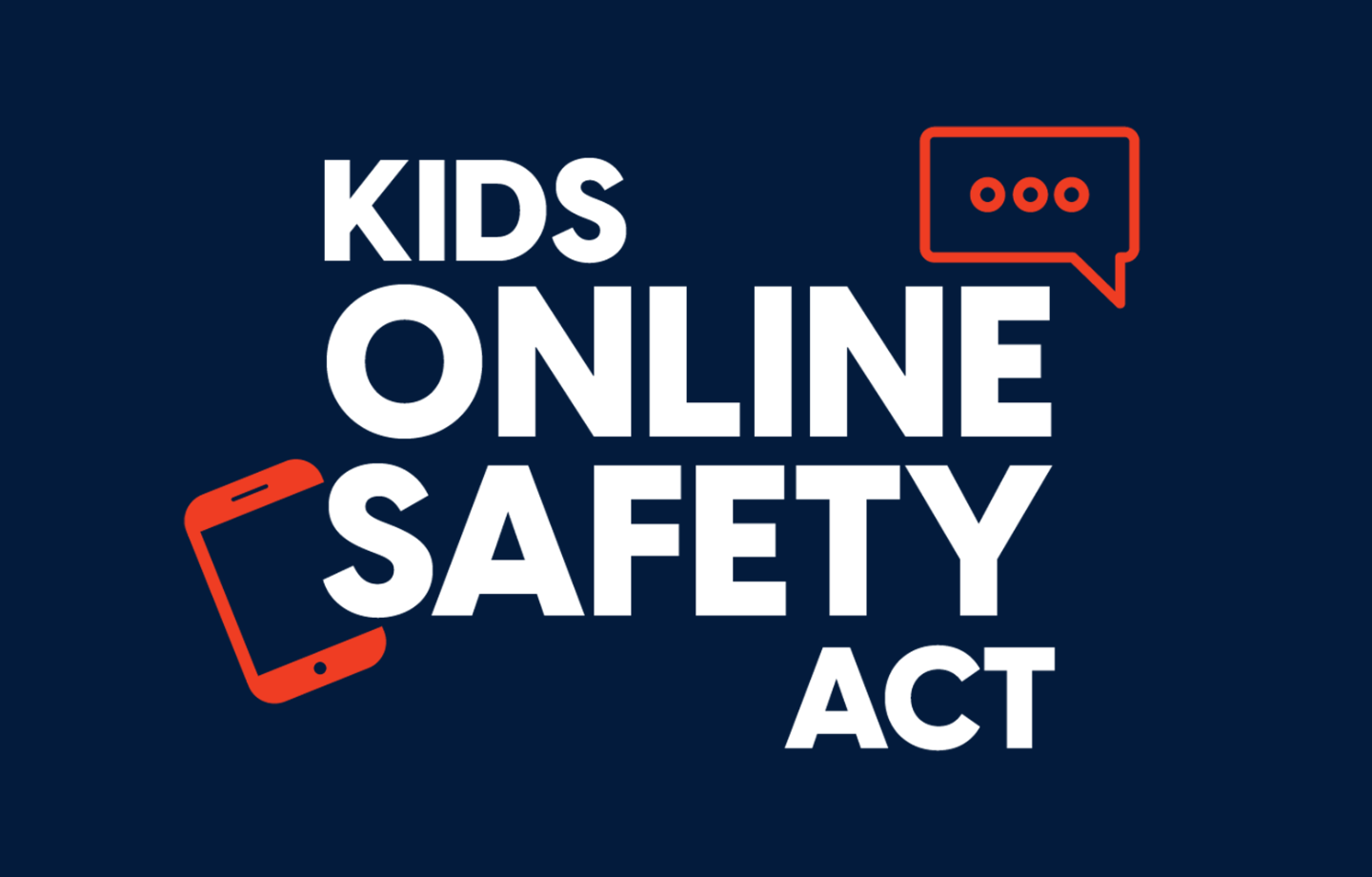Journalists’ Obligation to Report — and Re-Report — the Facts About the Election

October 27, 2024
The new Ethics and Journalism Initiative at NYU’s Carter Institute of Journalism asked me to contribute a piece about journalists’ ethical obligations in covering the election. Here’s what I came up with (scroll down for the tech policy angle!). You can read the full piece on the Ethics and Journalism website.
One of the ways that Donald Trump has reshaped American politics over the past decade is to shift our collective focus from debate about policy choices to disagreement about simple facts, encouraging baseless questions about the integrity of U.S. elections to be raised in the minds of many in the electorate. These disagreements about facts range from the historic to the absurd: What happened at the U.S. Capitol on Jan. 6, 2021? Have Democrats ushered in millions of illegal immigrants to cast illegal votes for Kamala Harris? Are Haitians stealing and eating pets in Springfield, Ohio?
There are concrete, provable answers to such questions. Since Trump and his proxies continue to raise the questions, it is the obligation of journalists to report — and re-report — the answers, the facts. The ethical subtext of this journalistic exercise is no less profound than underscoring the distinction between falsehood and truth: that there’s a difference, often one beyond honest debate, and that factual reporting can establish the dividing line.
During election season, when voters make the political choices that help define the very nature of American society, all journalists, whatever their specialty, need to defend the factual basis for democracy. That applies whether reporters typically focus on politics, economics, immigration, health care, crime, the environment, racial relations or even disaster relief. All hands on deck.
Technology — specifically social media — has played a contributing role in muddying the line between truth and falsehood. Other media — including hyper-partisan cable television and talk radio, podcasts, and click-bait websites — also exacerbate the problem. Journalists need to explain to their readers, viewers, and listeners that the technological core of social media, which is more difficult to understand than what’s going on at Fox News or MSNBC, is an important part of the problem.
Read the rest of the piece here.



